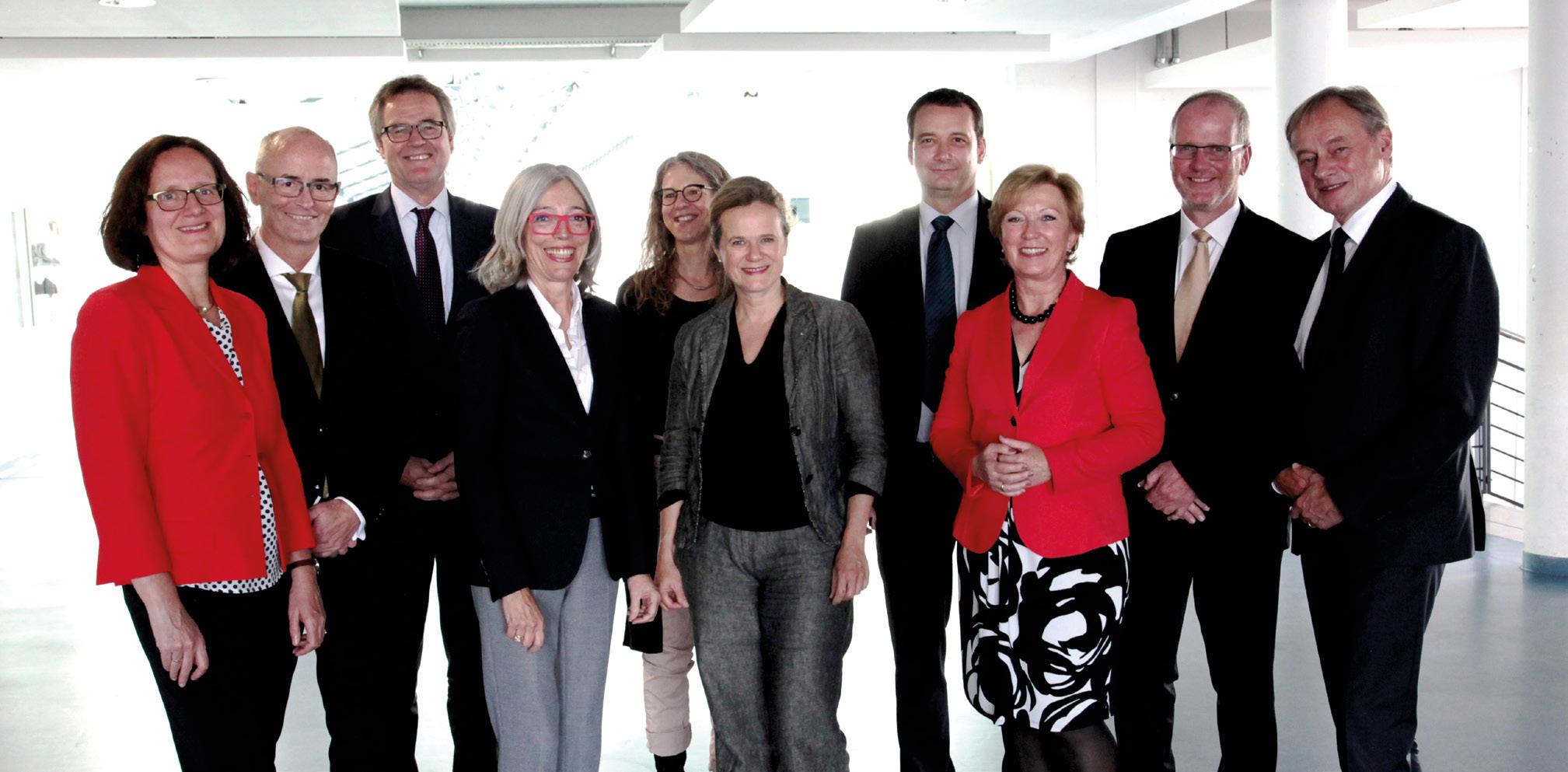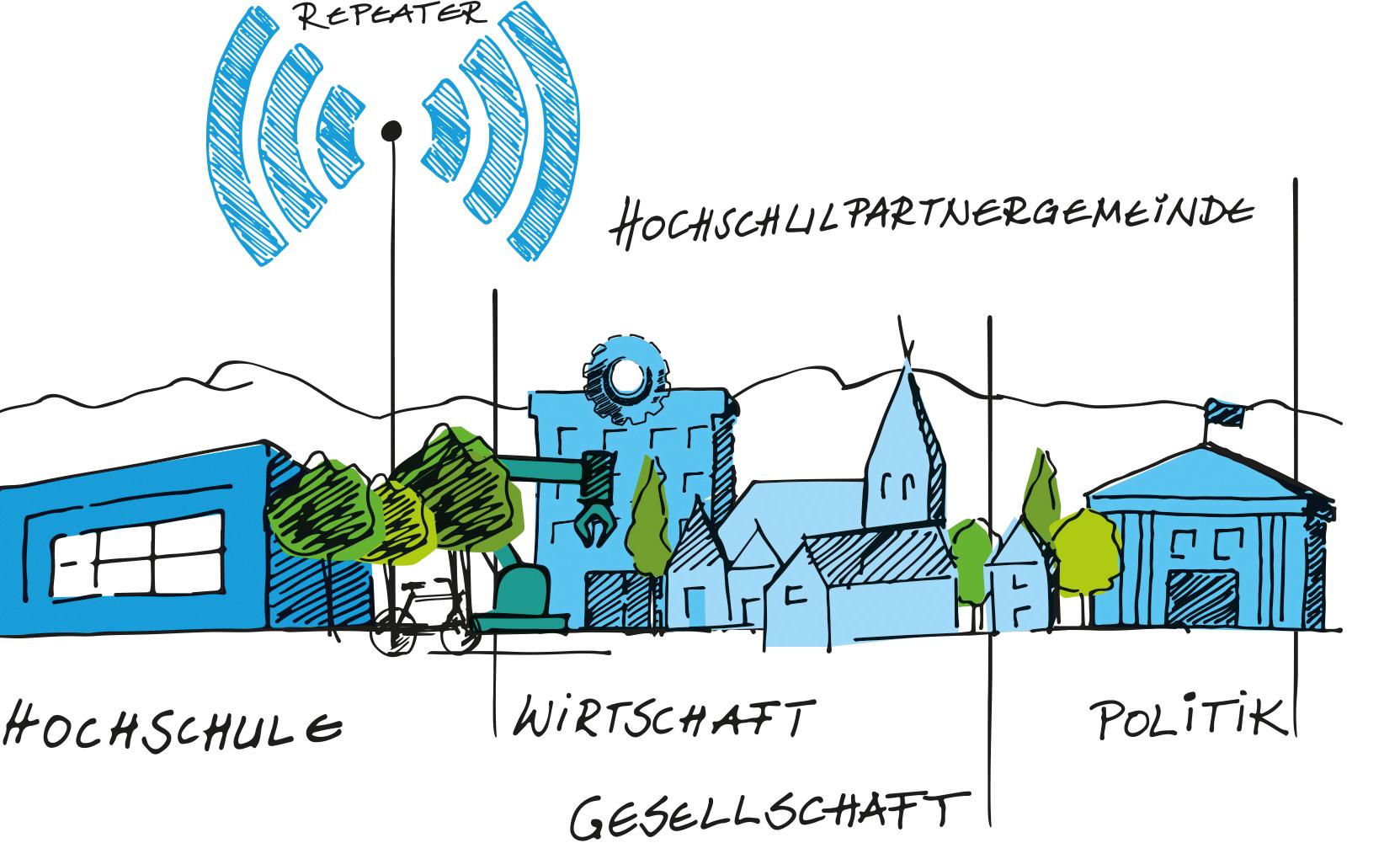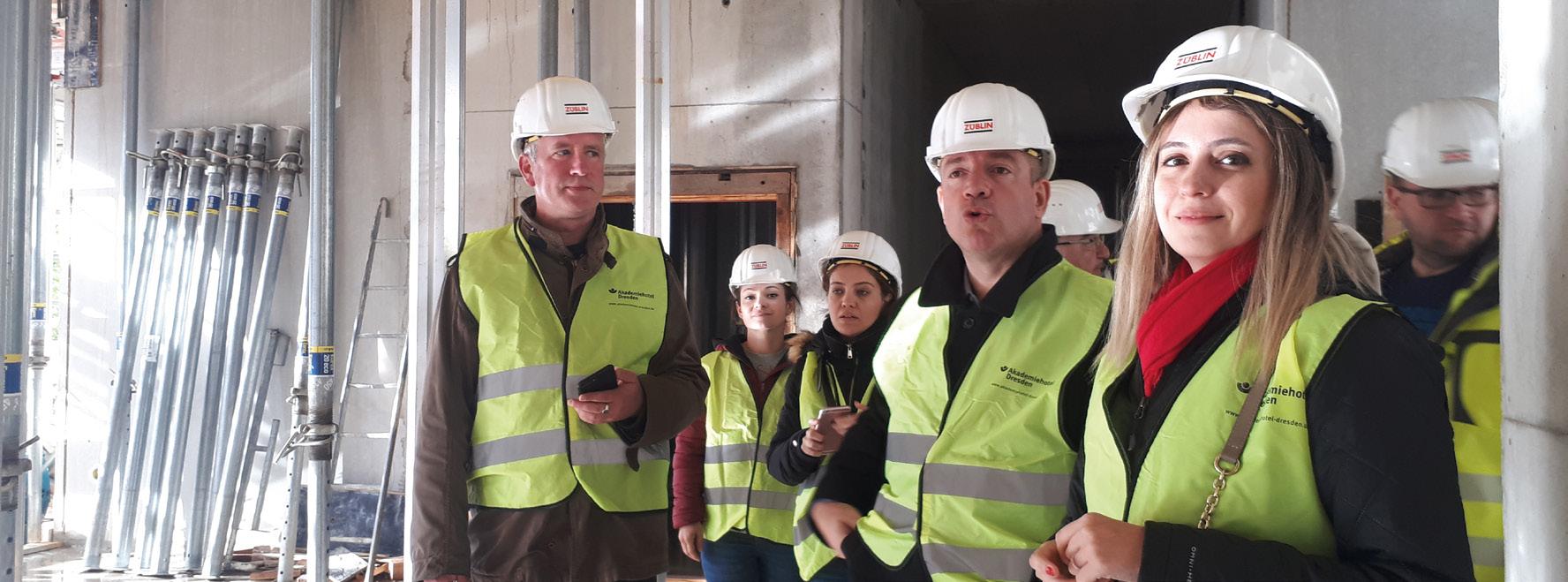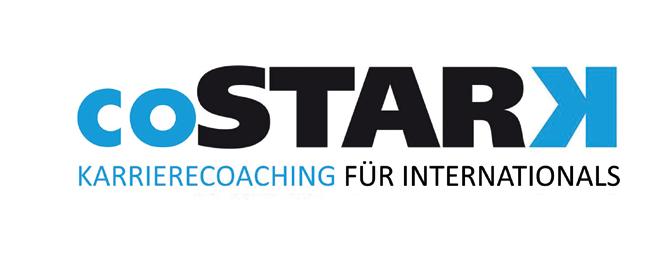
2 minute read
How start-ups communicate when recruiting staff
Clever heads sought: Start-ups compete with established companies
On a first name basis with the boss
How start-ups communicate when recruiting staff
The start-up industry is growing. But to survive in the scene long term, more than just a good product idea is necessary. Without clever people, business doesn‘t work. But how do start-ups communicate in times of skilled labour shortage – how can they attract personnel? Researchers at the Institute for Media Research and Development (IMEA) have investigated this question.
Table football in the bright open-plan office and colleagues drinking mate-tea – pictures like these define our idea of everyday work in a start-up. But is the start-up scene in this country gaining new team members with such images? The research project “Start-ups as Employers: A Study on the Personnel Recruitment Communication of Start-ups”, carried out by Professor Andreas Schümchen and Patrycja Muc, research assistant and doctoral student at IMEA, comes to a different conclusion. An attractive location is important
For their study, the researchers analysed job-related websites of 93 companies – mostly under “Career” or “Jobs”. “The clichéd images of everyday start-up life are not confirmed”, explains the media scientist. Although potential applicants are treated on a first-name basis in around 80% of cases, only around a quarter of the start-ups address issues such as round-the-clock food and beverages at the workplace. Flat hierarchies are only mentioned by just under a fifth of the companies. To appeal to potential skilled workers from abroad, a good half of the start-ups surveyed also offer their job-related pages in English. The demand for skilled workers is greater than ever before, so it is hardly surprising that start-ups – especially in the IT sector – are also looking for suitable employees abroad, says Schümchen. “What is interesting is the emphasis on the location. We’ve noticed that an attractive presentation of the company‘s location plays a major role in the communication for personnel recruitment – and we aren’t just talking about metropolises, but also about cities like Augsburg or Bochum.”
The results can be refined. Soon Schümchen and his team want to take a closer look at the applicants‘ responses to the communication in the start-up recruitment process. Are employees’ expectations of the company fulfilled? What can be improved? The knowledge gained from this will later be passed on to the scene via workshops.









